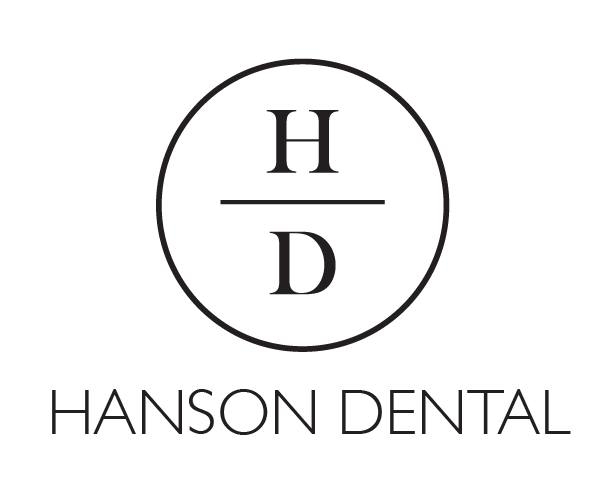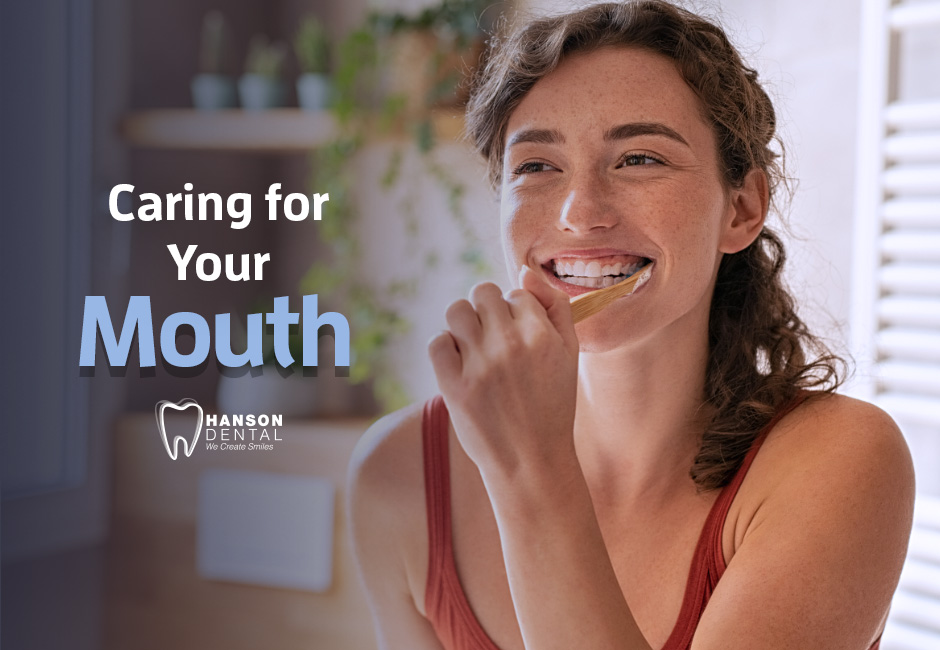Everyone’s teeth are a little different. Sensitivity, tooth layout, gums, enamel, braces, and even what procedures have been completed, such as fillings or bridges, make for each mouthful of teeth being as individual as a fingerprint. It makes sense that each mouth may need a different oral hygiene program.
The Basics: Brushing and Flossing
Brushing and flossing, the fundamentals of caring for your teeth, are essential to a daily program of oral hygiene. A soft bristled brush is a good choice for your toothbrush. You can apply pressure when brushing, but run a lower risk of cutting your gums or adding a lot of wear to the tooth enamel. No matter how often or how long you brush, there will almost always be matter left in between your teeth in the form of food or plaque. This makes flossing or water-flossing just as important as brushing. Removing as much matter from your teeth and from between them every day helps to maintain a clean and healthy mouth.
Don’t forget to brush your tongue. When you are sick or forget to brush your teeth, the buildup of that white pasty plaque on your tongue can interfere with how you taste things, as well as add to horrible breath. Brushing your tongue when you brush your teeth helps to remove additional particles of food, plaque, and bacteria that will sneak over to your teeth and gums.
Mouthwashes
Brushing and flossing alone are a good start, but adding a mouthwash or rinse can make it even better. With the advent of anti-microbial mouthwashes, the ability to control bacteria in the mouth has heightened. Mouthwashes help reduce the presence of plaque in your mouth, helping to prevent such things as gingivitis, a very common gum disease.
Toothpaste Options
Crazy and character are a great way to hook kids into caring for their teeth. A variety of toothpaste exists to help build upon a good foundation of dental health. Glittery pink toothpaste that tastes like bubblegum, with no sugary side effects? Kids love it!
Many adults with sensitive teeth opt for special sensitive-tooth toothpastes. We can help provide suggestions for toothpastes to use, but also get to the bottom of what is causing your tooth sensitivity.
Helpful Snacks
Chewing gum after snacks and meals can be very effective in your oral hygiene regimen. Gum can help control the matter that is left in your mouth after eating a meal, as well as exercising your teeth, gums, and jaw. It also stimulates the flow of saliva, helping to wash away leftovers and the bacteria that might grow on them. Pro-tip: Make sure your gum is sugar-free.
Foods and Beverages To Avoid
Blueberries, red wine, coffee and tea are real stain-makers when it comes to teeth. To help keep your teeth bright, keep the use of these items to a minimum, and be sure to clean your teeth after using them. The stain making factors within any of them will catch and remain in the biofilm surrounding each tooth, allowing close contact with the enamel. This is how a stain gets started, and can be difficult to counter if it is allowed to go on for too long. Using teeth whiteners may help, but continued consumption will mean the stains will keep coming back.
A good daily oral hygiene practice can give you a brighter, whiter smile, fresher breath, and a healthy mouth. If you ever have questions about your dental health, please do not hesitate to ask our Hanson Dental team.
Photo Credit: Ridofranz / iStock / Getty Images Plus

